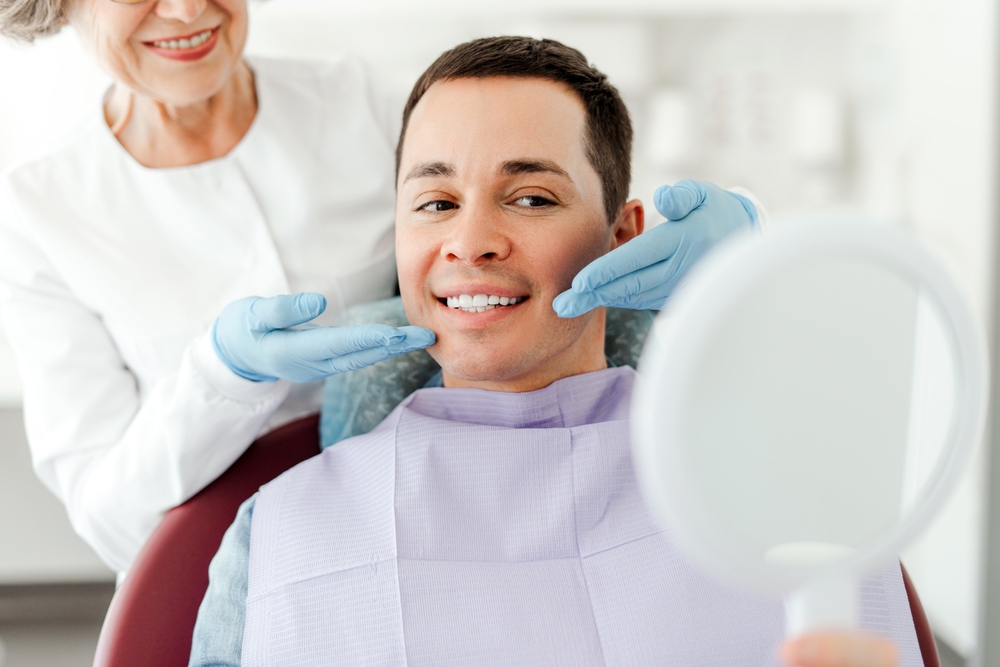
Tooth Colored Dental Crowns in Oceanside
Dental crowns are a fairly common type of tooth repair option that works by encapsulating a damaged tooth to restore its size, shape, and strength, while improving its appearance.
A few years ago, porcelain-fused-to-metal crowns were the preferred option because they combine the benefits of both porcelain and metal crowns (strength and aesthetics). However, the metals used to fuse with porcelain have become expensive in recent years, forcing patients to consider alternative materials. Moreover, either of these materials can be used individually to craft crowns of a satisfactory standard.
Types of Metal Crowns
Crowns made from metal are the strongest and most durable option, plus they’re not abrasive to opposing teeth. Different metals can be used to fabricate crowns, including gold, platinum, stainless steel, copper, and alloys like nickel-chromium and cobalt-chromium. Stainless steel crowns are typically used for temporary applications, like for the repair of primary teeth for children or for temporary crowns as adult patients wait for the fabrication of their permanent crown.
Most metal crowns are made from a blend of metals, like gold and the base metal alloys. They are primarily used to repair back teeth because they’re strong and highly resistant, and they’re not visible when smiling, which makes aesthetics less of a concern. But they may not be suitable for people who’re allergic to metals or those with aesthetic concerns.
Tooth-Colored Crowns
Dental crowns that are fabricated entirely from porcelain are referred to as all-porcelain crowns, while those made entirely from ceramic are known as all-ceramic crowns. These tooth-colored materials give the restoration a natural look, which makes them a popular choice for repairing front teeth in order to preserve the aesthetics of your smile.
Dental composite resin is another tooth-colored material that can give you an aesthetic restoration. All-resin materials don’t contain any metals. They are highly affordable, but are arguably the weakest material for crowns since they’re prone to chipping, cracking, and rapid wear.
Zirconium is a biocompatible dental material that produces crowns that are as strong and durable as metal crowns and natural-looking for an aesthetic restoration. Zirconia crowns don’t cause allergic reactions, and can be fabricated at the dentist’s office for same-day crown restorations.
The Right Material for Your Crowns
Please discuss the pros and cons of each material with your dentist to determine the most appropriate one for your permanent crown restoration.
To learn more about Dental Crowns in Oceanside please contact us today.
